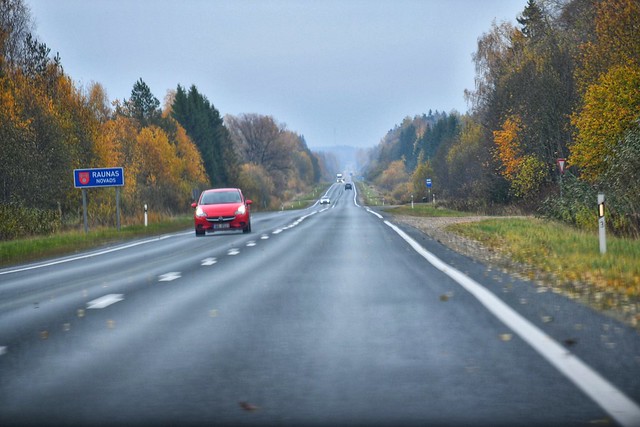President opened the discussion by underlining that ‘everyone perfectly understands the kind of opportunities social media can offer us as we can directly communicate with each other, but not everyone knows how to do it correctly to avoid being misled or manipulated by content available on social platforms. It is a lot easier to do that through social media rather than, for example, library. And that is exactly why we need specific skills and competencies to be able to find the right sources and share only reliable information’.
Youngsters talked about their experiences with fact-checking and shared their views on why fake news are penetrating information space, and why people decide to share them. According to them, one of the main problems is that people rarely read past the headlines, they actually do not know what the article is about, so they do not know whether the news can or cannot be trusted. Moreover, people rarely think about consequences of spreading fake news. Youngsters also stressed that nowadays people are under immense informational pressure. You have to be careful with internet and check the trustworthiness of sources and be able to dissect their content.
President raised the issue of remote learning and underlined: ‘People need to socialise. We need other people. We cannot work remotely in isolation for long. It is possible for a short period, though. You need to be able to plan your day and stick to your plan when working or studying remotely. Time management and self-discipline are very important life skills. You have already mastered these skills in school, while normally you would learn them only in university. That I believe is the upside of this rather complicated situation.’
Youngsters agreed with President Levits and pointed out that remote learning is difficult. You need to work on your own much more, while normally, in classroom, you could raise a hand and ask the teacher for additional clarifications. Now you have to find that information either in books, online or from your classmates. Although more difficult, they also agreed that remote learning is the best way to overcome pandemic and return to normal as soon as possible.
Virtual dialogue hosted by President Levits was attended by pupils of Rauna Secondary School, Smiltene Secondary School, Smiltene Vocational School and Ape Dāvis Ozoliņš Secondary School.






